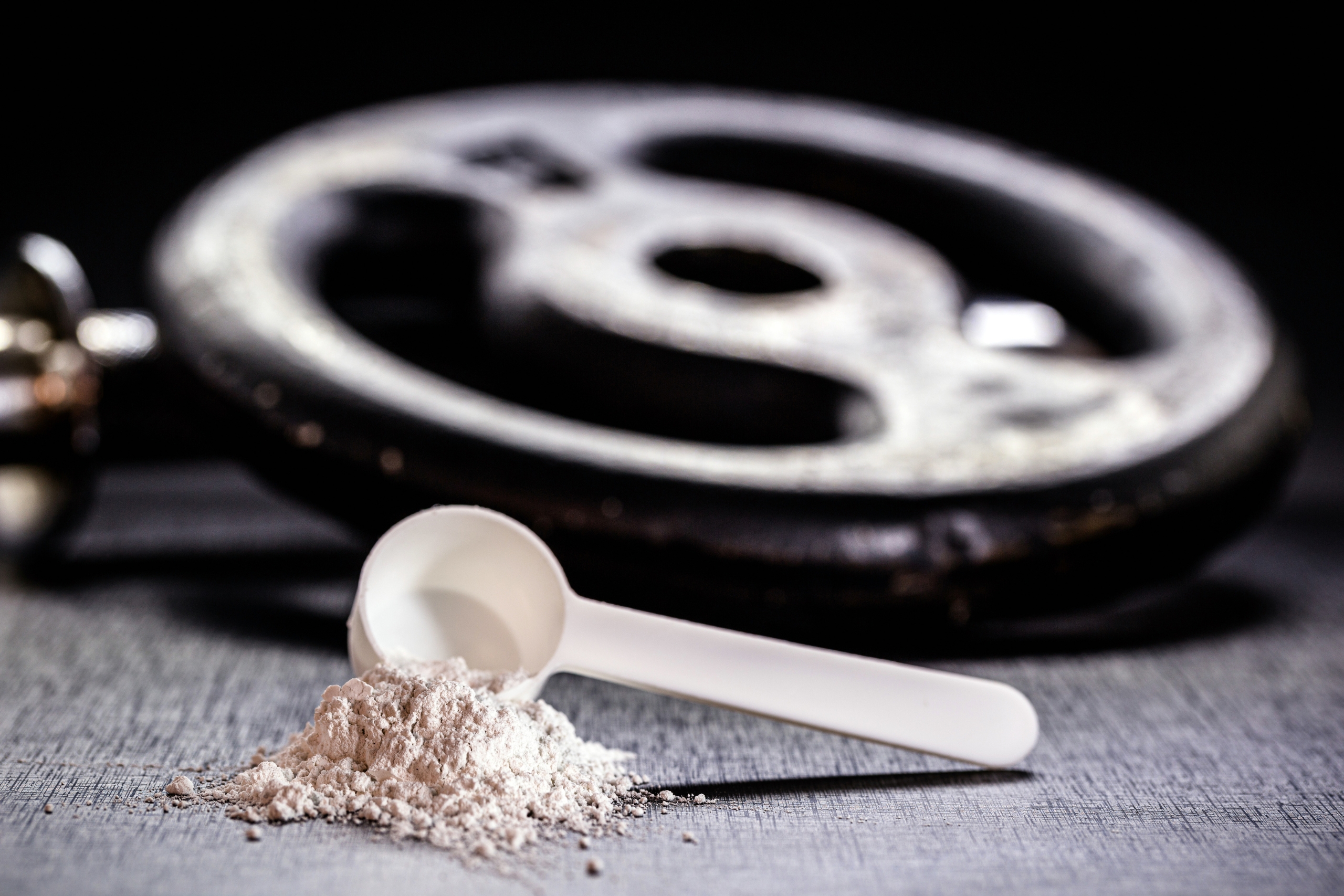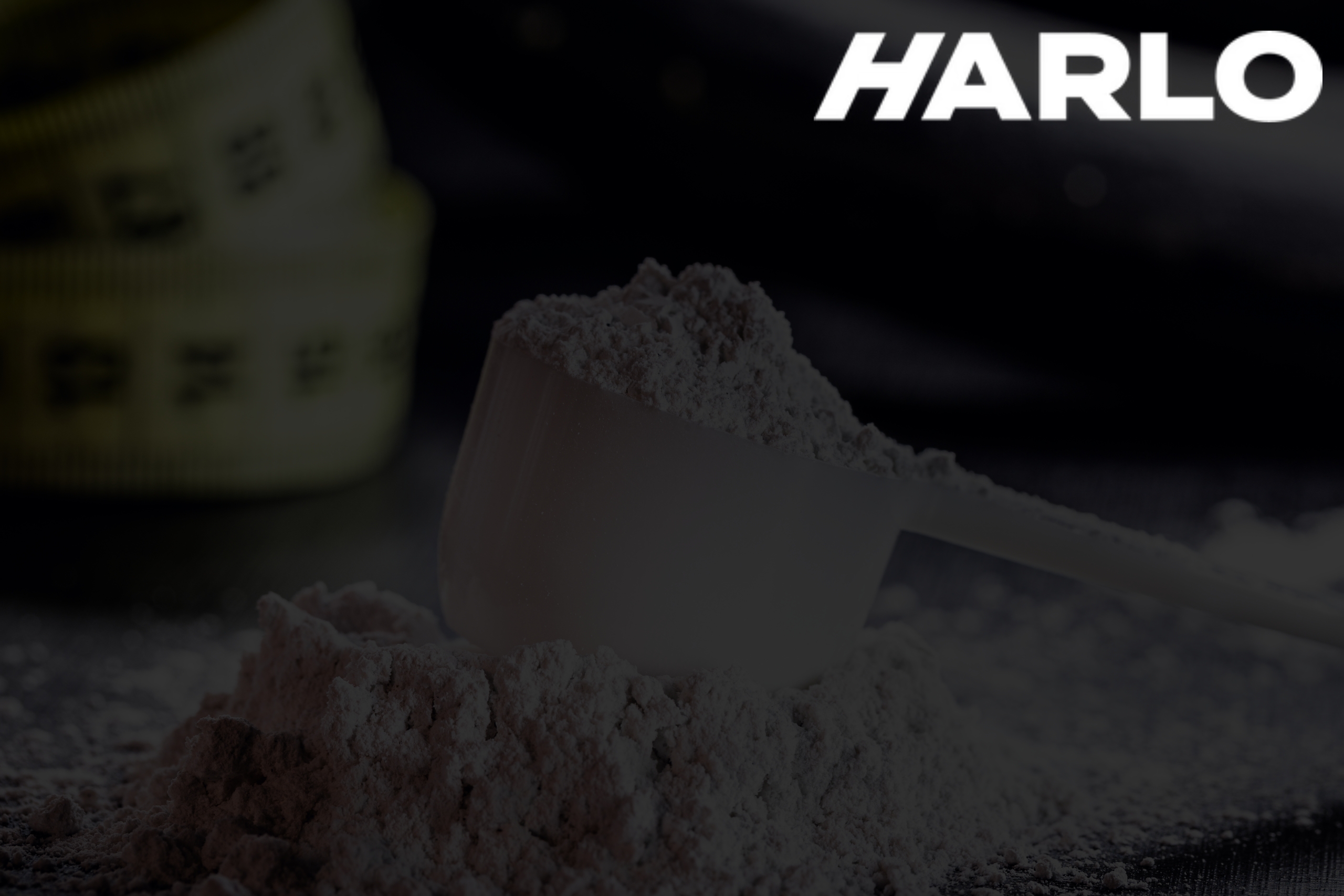Have you ever wondered how creatine powder can help improve your strength and endurance during workouts? Many athletes and fitness enthusiasts swear by the benefits of this supplement, but what exactly makes it so effective?
Creatine is a naturally occurring compound found in our muscles, but it can also be taken in supplement form to enhance athletic performance. With its ability to increase energy levels and promote muscle growth, creatine has become a popular choice among those looking to boost their physical performance.
What is Creatine?
Creatine is a naturally occurring compound found predominantly in the muscles and brain. It plays a crucial role in energy production and is involved in various physiological processes in the body. The primary function of creatine is to supply energy to cells, particularly during high-intensity and short-duration activities like weightlifting or sprinting.
In the body, creatine is converted into phosphocreatine, which acts as a ready source of energy for the regeneration of adenosine triphosphate (ATP), the molecule responsible for providing energy to cells. This process is especially important in muscles that need quick bursts of energy.
Creatine can be obtained through a diet rich in animal protein, such as red meat and fish. Additionally, it is also available in supplement form. There are various forms of creatine supplements available in the market, with the most common being creatine monohydrate. Other forms include creatine ethyl ester, creatine nitrate, and buffered creatine.
Creatine supplements are popular among athletes and bodybuilders due to their potential benefits in improving strength, power, and muscle mass. They are also considered safe when used responsibly and as directed. However, it is essential to consult with a healthcare professional before starting any dietary supplements, as individual responses and potential side effects may vary.
Science Behind Creatine Powder
Creatine powder is a popular supplement used by athletes and fitness enthusiasts to improve strength and endurance. But how does it actually work in the body?
Creatine is an organic compound that is naturally produced in the body, primarily in the liver, kidneys, and pancreas. It is also obtained through dietary sources such as red meat and seafood. When we consume creatine, it is converted into phosphocreatine and stored in the muscles.
The primary action of creatine powder is that it enhances the production of adenosine triphosphate (ATP) – the energy currency of the cells. During high-intensity exercise, ATP is rapidly broken down to release energy. However, the body’s ATP stores are limited and can only sustain high-intensity efforts for a short duration. This is where creatine powder comes into play.
By increasing the levels of phosphocreatine in the muscles, creatine powder helps to quickly regenerate ATP during intense physical activity. This allows athletes to perform at higher intensities for longer periods, leading to improved strength and endurance.
Numerous research studies have supported the efficacy of creatine powder in enhancing athletic performance. For example, a meta-analysis published in the Journal of Strength and Conditioning Research concluded that creatine supplementation led to significant increases in strength and power output. Other studies have also shown that creatine can improve muscle mass and recovery time.
Effects of Creatine Powder on Strength
Creatine powder has gained popularity as a widely used supplement among strength trainers. Its benefits in enhancing strength and power output cannot be overlooked. Creatine is a naturally occurring compound found in the muscles and is responsible for providing energy during high-intensity activities. When consumed as a supplement, it can significantly improve muscle performance.
Creatine powder directly affects muscle growth and recovery by increasing the store of phosphocreatine in muscle cells. This increased availability of phosphocreatine allows for a faster regeneration of adenosine triphosphate (ATP), which serves as the primary source of energy for muscle contractions. Consequently, individuals using creatine powder experience enhanced strength, power, and speed during exercise.
Furthermore, creatine powder also stimulates water retention in muscle cells, which leads to a volumization effect. This causes the muscles to appear larger and more pronounced. This increase in muscle size can indirectly contribute to strength gains, as it allows for more muscle fibers to be activated during exercise.
In terms of recovery, creatine powder aids in reducing muscle damage and inflammation post-exercise. This is achieved by enhancing glycogen resynthesis, which replenishes the muscles’ energy stores. Additionally, creatine powder has been shown to decrease oxidative stress and promote the production of anti-inflammatory molecules, further aiding in recovery.
Effects of Creatine Powder on Endurance
Creatine powder has been shown to have positive effects on endurance performance. Numerous studies have demonstrated that creatine supplementation can lead to significant improvements in endurance activities.
One study conducted on 16 male endurance runners found that those who took creatine powder for 5 days showed a significant increase in their time to exhaustion during a treadmill run, compared to those who took a placebo. The runners who supplemented with creatine powder were able to maintain intensity for a longer period of time, indicating an improvement in endurance.
Another study conducted on 25 college-aged men found similar results. Participants who took creatine powder for 6 days showed an increase in their time to exhaustion during a cycling test, compared to those who took a placebo. Additionally, the creatine group demonstrated less fatigue and increased muscle strength during the test, further highlighting the positive effects of creatine supplementation on endurance performance.
Creatine powder is thought to enhance endurance by improving the body’s energy production during high-intensity exercise. It replenishes the ATP stores in the muscles, allowing for increased energy availability and delaying fatigue. This, in turn, helps athletes perform at a higher level for a longer duration.
Dosage and Timing of Creatine Powder
When it comes to creatine supplementation, it is essential to understand the recommended dosage and timing for optimal effects. Creatine powder is a popular supplement among athletes and fitness enthusiasts due to its ability to enhance strength, power, and muscle mass.
The recommended dosage of creatine powder varies depending on the individual’s body weight and goals. Generally, a loading phase of 20 grams per day for 5-7 days is recommended to saturate the muscles with creatine. After the loading phase, a maintenance dose of 3-5 grams per day is sufficient to maintain optimal creatine levels in the body. It is important not to exceed the recommended dosage, as it may lead to potential side effects such as gastrointestinal distress.
In terms of timing, research suggests that consuming creatine powder after a workout can be beneficial. This is because exercise increases blood flow to the muscles, allowing for better absorption and utilization of creatine. Additionally, combining creatine with a carbohydrate-rich meal or beverage can further enhance its absorption.
However, it is worth noting that the exact timing of creatine intake does not have a significant impact on its effectiveness. Whether consumed pre-workout, post-workout, or at any other time of the day, creatine will still provide the same benefits. Consistency in taking the supplement daily is more important than the specific timing.

Conclusion
In conclusion, creatine powder has been shown to provide numerous benefits for strength and endurance. Its ability to increase muscle energy levels, improve power output, and enhance recovery make it a valuable supplement for athletes and individuals seeking to maximize their performance. However, while creatine has been extensively studied, there are still areas that warrant further research. Future studies should aim to better understand the mechanisms behind creatine’s effects, including its potential impact on muscle protein synthesis and other metabolic pathways.
Additionally, investigating the long-term effects and optimal dosing strategies of creatine supplementation would further enhance our knowledge in this field. Despite the existing gaps in our understanding, the current scientific evidence supports the efficacy and safety of creatine powder as a performance-enhancing supplement. Ultimately, incorporating creatine into a well-balanced training regimen can provide individuals with an edge in reaching their strength and endurance goals.
